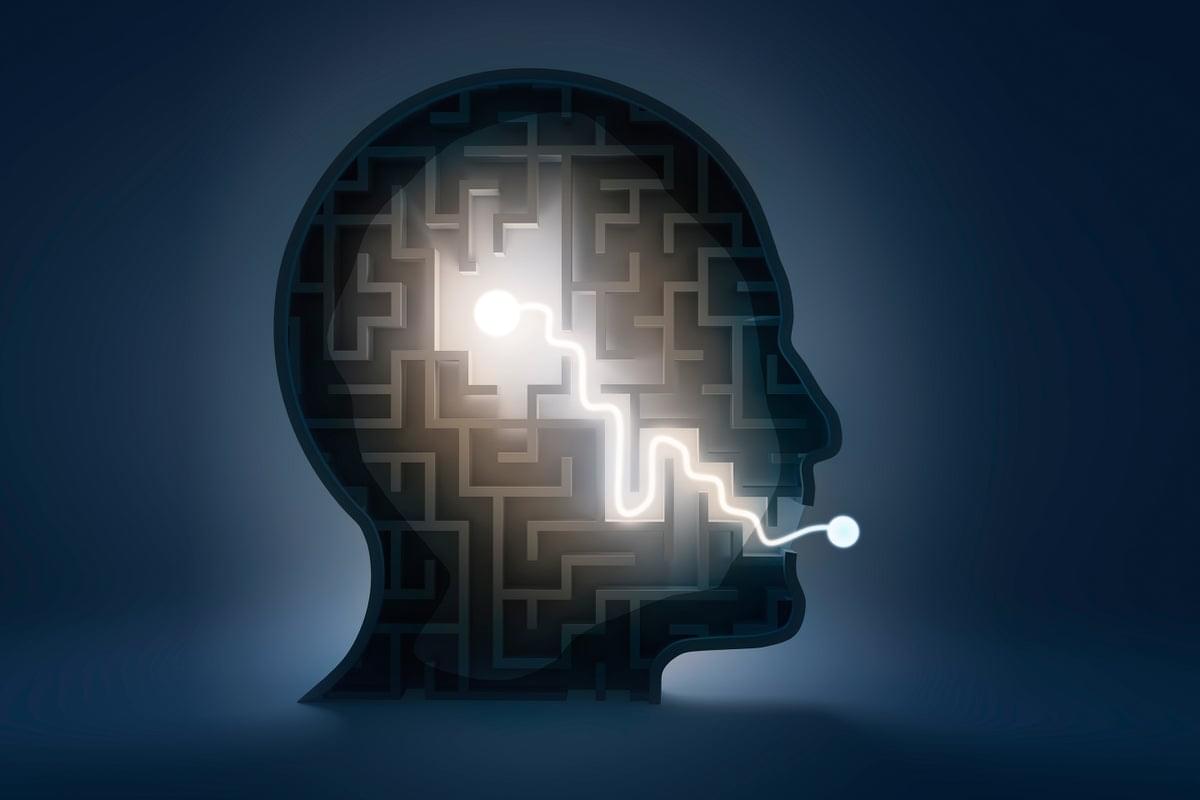Researchers have discovered that the human retina synchronizes visual signals before they even reach the brain.
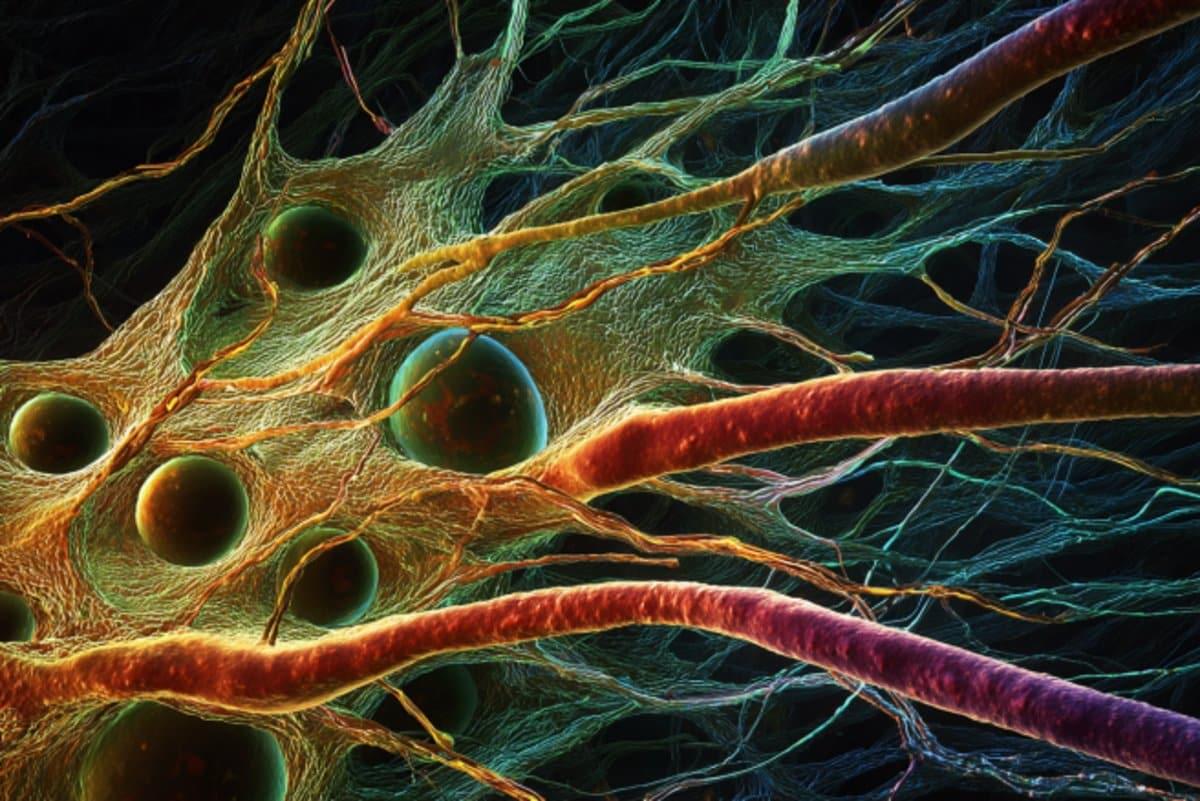

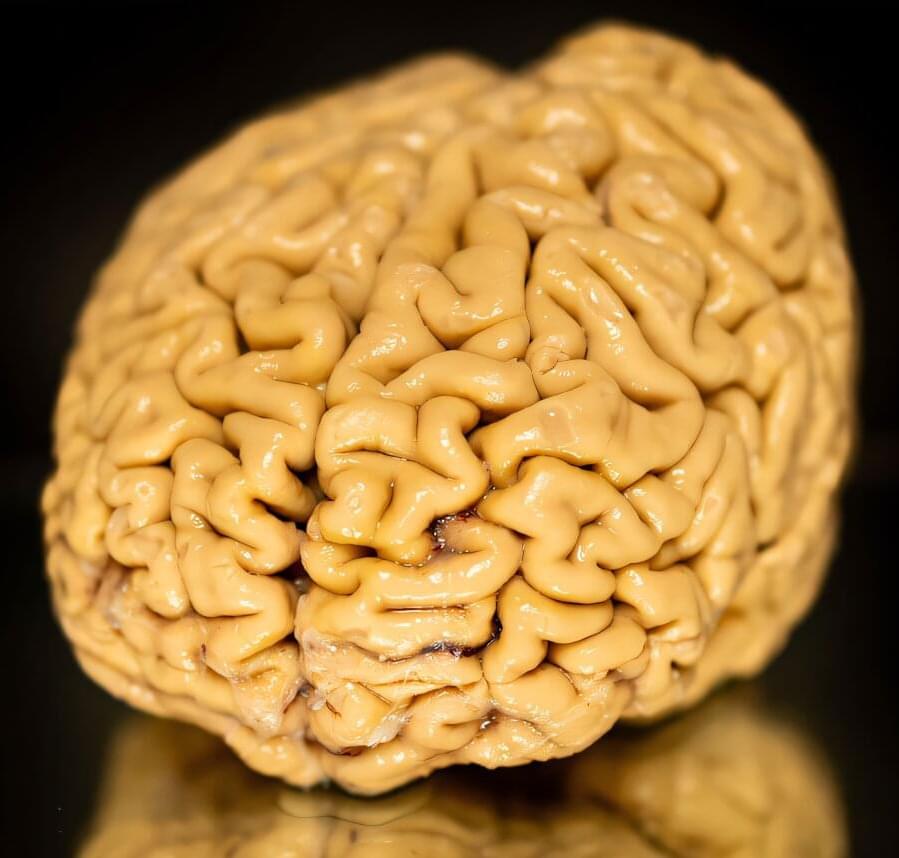
For 25 years, scientists at Northwestern Medicine have been studying individuals aged 80 and older—dubbed “SuperAgers”—to better understand what makes them tick.
These unique individuals, who show outstanding memory performance at a level consistent with individuals who are at least three decades younger, challenge the long-held belief that cognitive decline is an inevitable part of aging.
Over the quarter-century of research, the scientists have seen some notable lifestyle and personality differences between SuperAgers and those aging typically—such as being social and gregarious—but “it’s really what we’ve found in their brains that’s been so earth-shattering for us,” said Dr. Sandra Weintraub, a professor of psychiatry and behavioral sciences and neurology at Northwestern University Feinberg School of Medicine.

A Death Doula’s Guide to Consciousness After Death with Mayim & Jonathan.
In this powerful and emotional Mayim Bialik’s Breakdown episode, licensed end-of-life counselor and death doula Dr. Martha Jo Atkins explores consciousness after death and what truly happens when we die. Drawing on decades of guiding people through their final moments, she reveals the spiritual, biological, emotional, and psychological changes that occur when consciousness leaves the body—offering profound insights into life after death and the mysteries of the dying process.
You’ll hear jaw-dropping stories of deathbed visions, including dream shifts, visits from deceased loved ones, and shared death experiences where relatives actually feel what the dying person is experiencing. Dr. Atkins shares what she’s witnessed that made her believe in the afterlife, what understanding death can teach us about living, and her own supernatural encounters—from speaking to deceased loved ones in dreams to eerie hospice hauntings.
Dr. Atkins also breaks down:
- Why we’re so afraid to talk about death—and how doing so makes us more human.
- How sensory perception shifts as people begin to let go, and the signs that death is near.
- The difference between a natural death and dying before your time—and what that means for the soul’s journey.
- Could Ketamine-Assisted Psychotherapy help us process grief in healthier ways?
- Why presence matters most in a loved one’s final days.
- How our treatment of elders reflects our values as a society, and why end-of-life care matters deeply.
Plus, Mayim opens up about the raw, painful, yet beautiful experience of caregiving for her father in his final days.
Whether you’re grieving, caregiving, or simply seeking answers to what happens when we die, or wondering what leaves the body when we die, this episode offers rare wisdom and comfort for life’s most inevitable transition.
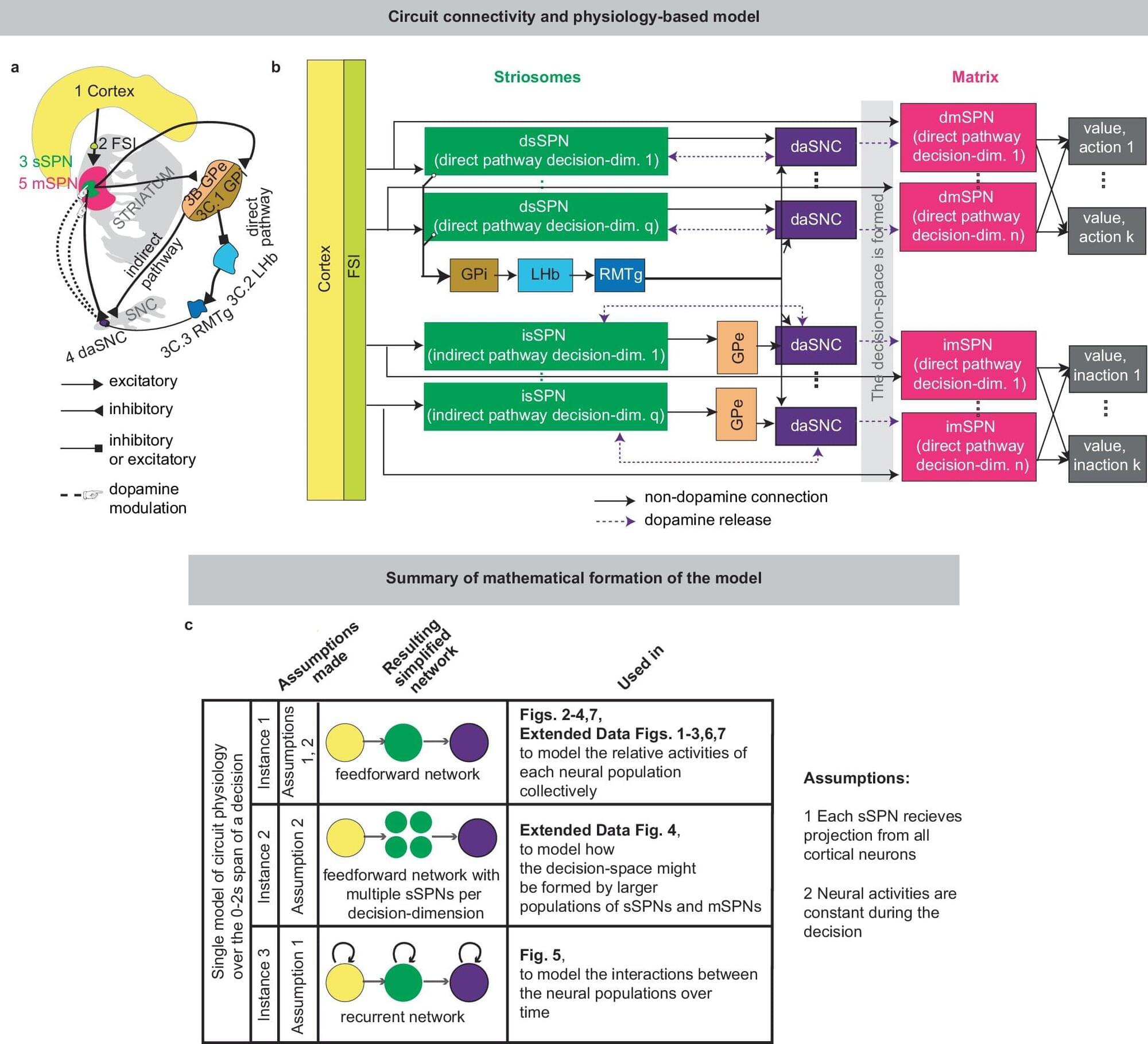
Scientists from the Icahn School of Medicine at Mount Sinai, working in collaboration with a team from the University of Texas at El Paso, have developed a novel computational framework for understanding how a region of the brain known as the striatum is involved in the everyday decisions we make and, importantly, how it might factor into impaired decision-making by individuals with psychiatric disorders like post-traumatic stress disorder and substance use disorder.
In a study published in Nature Communications, the team reported that modulating activity within the striosomal compartment—a neurochemically discrete area of the striatum—might be an important therapeutic strategy for promoting healthier decision-making in people with psychiatric disorders.
“Though it has been established that the striatum is clearly important for cost-benefit decision-making, the precise role of the striosomal compartment has remained elusive,” says Ki Goosens, Ph.D., Associate Professor of Pharmacological Sciences and Psychiatry, at the Icahn School of Medicine at Mount Sinai and co-lead author of the study.
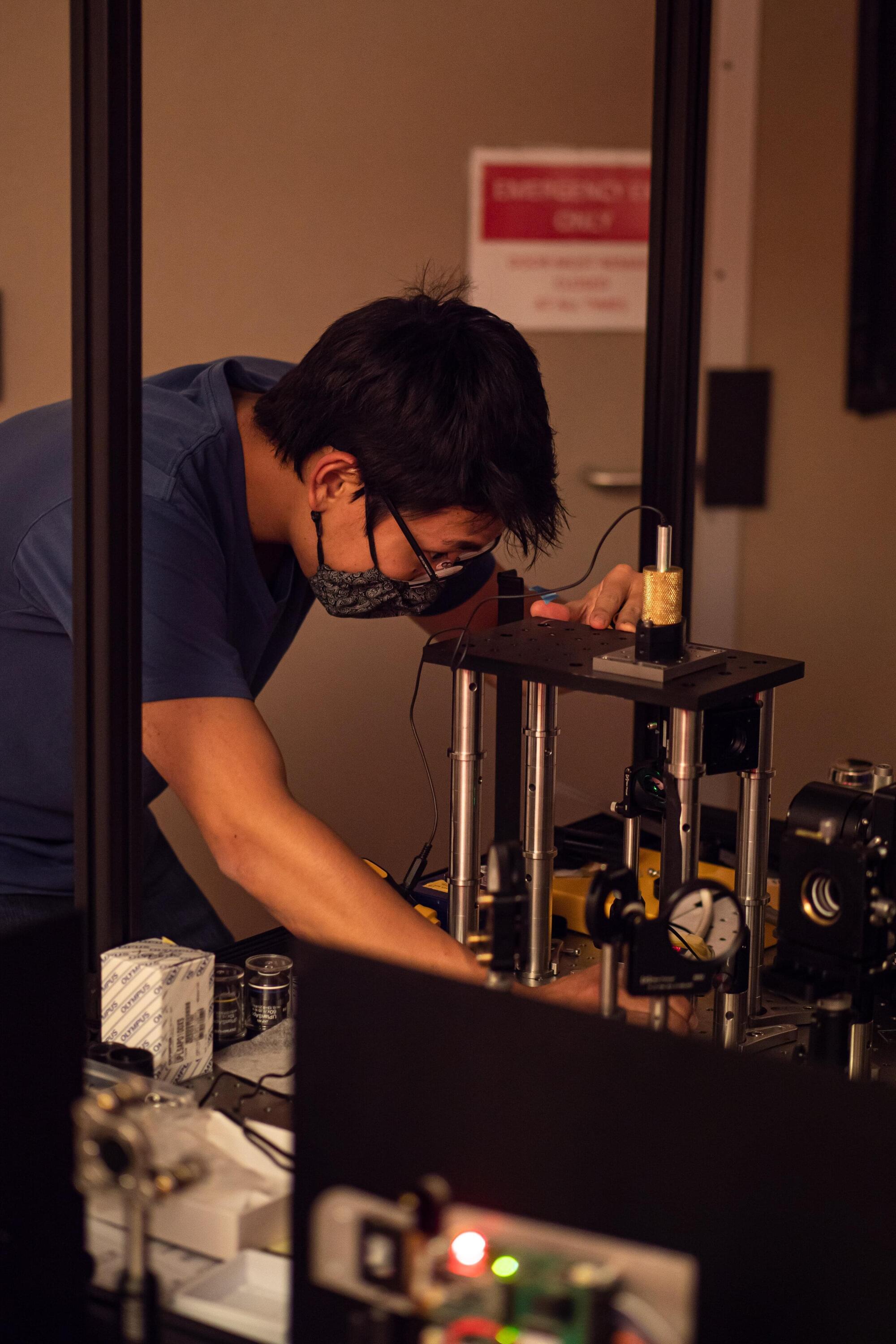
Researchers have developed a high-speed 3D imaging microscope that can capture detailed cell dynamics of an entire small whole organism at once. The ability to image 3D changes in real time over a large field of view could lead to new insights in developmental biology and neuroscience.
“Traditional microscopes are constrained by how quickly they can refocus or scan through different depths, which makes it difficult to capture fast, 3D biological processes without distortion or missing information,” said Eduardo Hirata Miyasaki, who performed the work while in Sara Abrahamsson’s lab at the University of California Santa Cruz (UCSC) and is now at the Chan Zuckerberg Biohub.
“Our new system extends the multifocus microscopy (MFM) technique Abrahamsson developed by using a 25-camera array to push the limits of speed and volumetric imaging. This leap in efficiency opens the door to studying small living systems in motion without disrupting them.”



